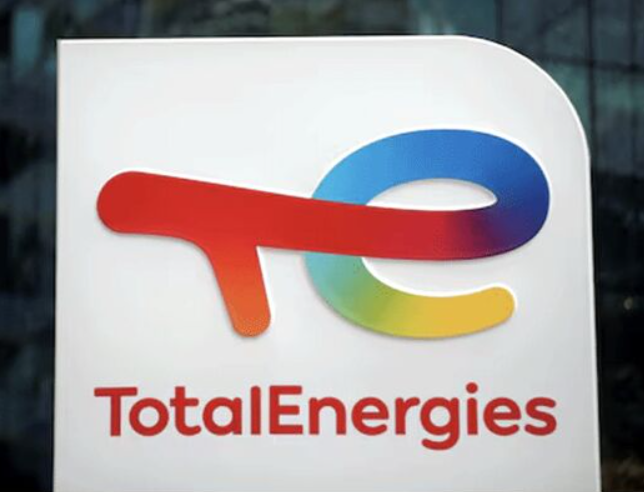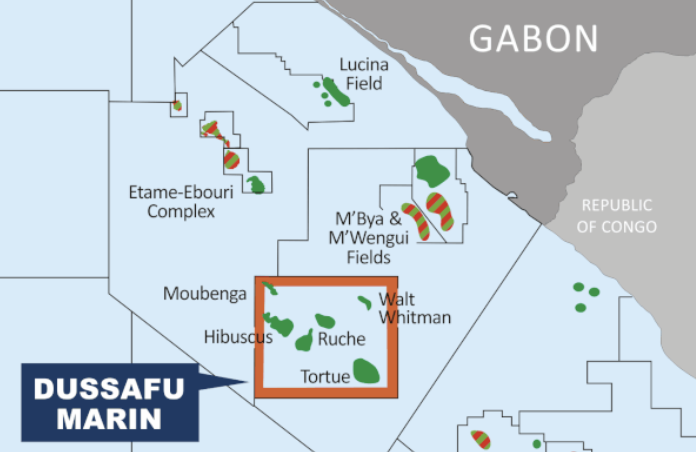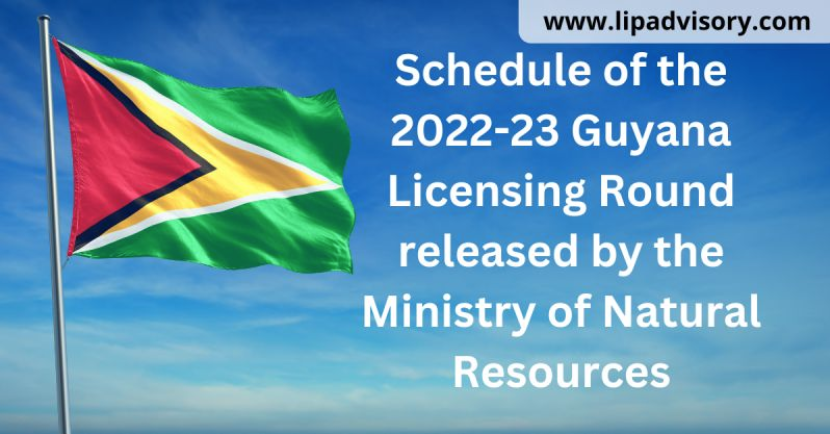Law Num. 1/2020, dated 7 July 2020, was recently published and is applicable to all Taxpayers, individuals and legal entities, residents and non-residents in the Republic of Equatorial Guinea, which are subject to (and have not complied yet with) the following tax obligations:
a) Corporate Income Tax (CIT);
b) Value Added Tax (VAT);
c) Personal Income Tax (PIT);
d) Inscription and registration fees on rural and urban property.
The incentive period regulated by this Law covers FYs 2015 and 2019, both inclusive.
To regularize these tax liabilities and benefit from a fractioned payment plan, Taxpayers may file a Special Tax Return. The deadline to file the Special Tax Return is 18 months after the entry in force of this Law. The official format of the Special Tax Return, is yet to approved by the General Direction of Taxes and Contributions.
The tax liabilities will be determined in accordance with the provisions of the current Tax Law.
Taxpayers will execute with the Tax Administration a settlement agreement to regularize their tax situation. The Taxpayer may choose one of the following payment methods:
a) Cash payment – This payment modality will benefit from a 20% reduction of the full tax liability, if it occurs within thirty (30) days after the execution of the settlement agreement;
b) Instalments payments – These can be agreed on a term of up to ten years, with a penalty of 10% per year. The amount of the penalties to be paid during the instalment payment plan will be calculated from the date when this Law enters into force.
The amount of the Tax liability for the Fiscal Years from 2015 to 2019 will be determined without applying the surcharges, sanctions and penalties stated by the Tax Law in force.
A single payment of 0.2% is set on the value of the property to be registered for the notary and registration rights of rustic and urban real estate acquired prior to 2019, during the validity of this Law.
The contents of this publication are based on our knowledge and interpretation of current law and practice which are likely to
change over time. The publication is provided for information purposes only and does not constitute professional advice of any kind.
The information provided in the publication should not be used as a substitute for consultation with professional advisers. Before
making any decision, taking any action, or refraining from taking any action, the client should first consult a professional adviser who
has been provided with the pertinent facts relevant to the client’s particular situation. No responsibility for any loss occasioned
to any person acting or refraining from acting as a result of any material in the publication can be accepted by LI&P, the author,
copyright owner or publisher or any of their related entities, partners, directors, employees, agents or subcontractors.





